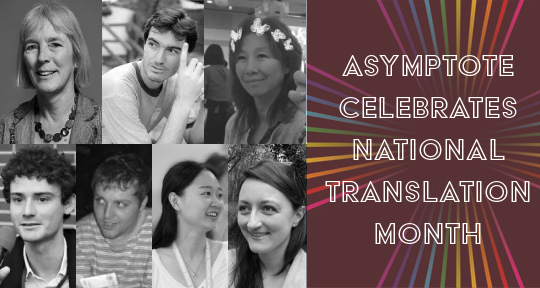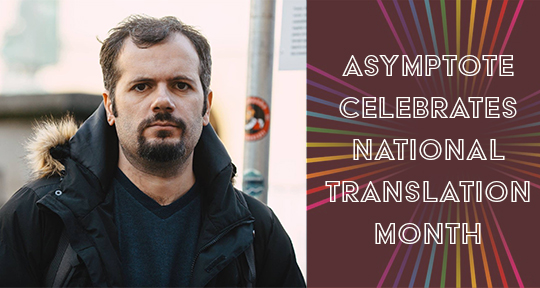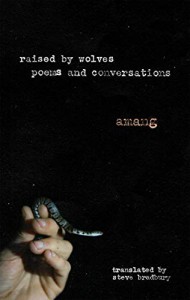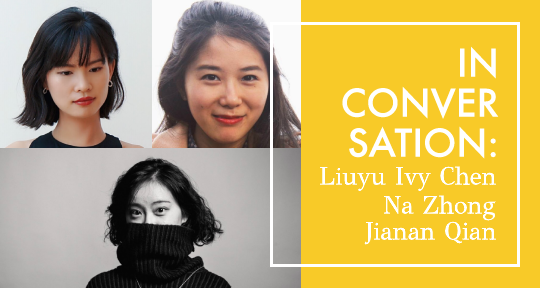There’s plenty to get excited about in the latest offerings from around the world, bound to satisfy the desires of any reader—from the emotionally visceral, to the patiently curious, to the surreal and the hallucinatory. In scoping for the finest translations, we bring you reviews of anti-colonialist fiction by a Prix Goncourt des Lycéens winner, a new collection from a leading figure of contemporary Chinese poetics, and the first ever literary translation from the Sierra Zapotec into English by a thrilling new voice.
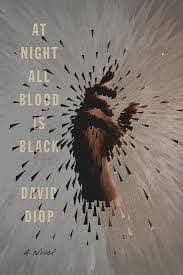
At Night All Blood Is Black by David Diop, translated from the French by Anna Moschovakis, Farrar, Straus, and Giroux, 2020
Review by Lindsay Semel, Assistant Managing Editor
David Diop’s brutal sophomore novel, At Night All Blood Is Black, translated elegantly by Anna Moschovakis, is a relentless indictment of the colonial power structure. Through the utter dissolution of the protagonist, Alfa Ndiaye, the novel demonstrates its ripples and rhizomes throughout society—from the individual to the geopolitical to the environmental—rotting away what does not serve it. Though heavy and dark from beginning to end, this is a highly specific, deftly illustrated, poetically rendered critique that justifies the emotional slog.
Alfa is a chocolat soldier, a Senegalese man who has voluntarily travelled to fight on the side of France in the first World War. During the ensuing battles, Mademba, his childhood friend and “more-than-brother” is disemboweled before his eyes by an enemy soldier. We meet Alfa shortly after he has watched Mademba die slowly, refusing his pleas for mercy. In these scenes of articulate gore and moral anguish, Moschovakis reveals her poetic side in the restraint and somber vivacity with which she renders Diop’s descriptions. Alfa then finds himself in the throes of both deep regret and liberation from the moral conventions which had prevented him from acting in Mademba’s best interest. “No voice rises in my head to forbid me: my ancestors’ voices and my parents’ voices all extinguished themselves the minute I conceived of doing what, finally, I did.” The horror of both bearing witness to and being complicit in the suffering of a loved one silences the voices of morality in his head and marks his entrance into a world of alternate, competing guiding forces: his own tortured impulses and the abstract interests of the narcissistic state. He begins performing solo operations late at night in no-man’s land, disemboweling enemy soldiers and keeping one hand and a weapon from each kill.
A progression that functions on multiple planes expands the novel upwards and outwards from where it remains firmly rooted—in viscera spilled. As time advances and settings shift, Alfa’s psychological state, the narrative mode, the realms of reality, the overarching value system, and the gender coding of these spaces evolve in conjunction. Generally speaking, the trajectory is from the concrete to the abstract, the sober to the unhinged, the current to the eternal, the “real” to the mythological, the individual to the collective, and the masculine to the feminine. Alfa remains our guide, however unreliable, through this uncertain terrain, until his psychological coherence evaporates entirely, leaving the reader stewed in his reflections and testimonies. READ MORE…




